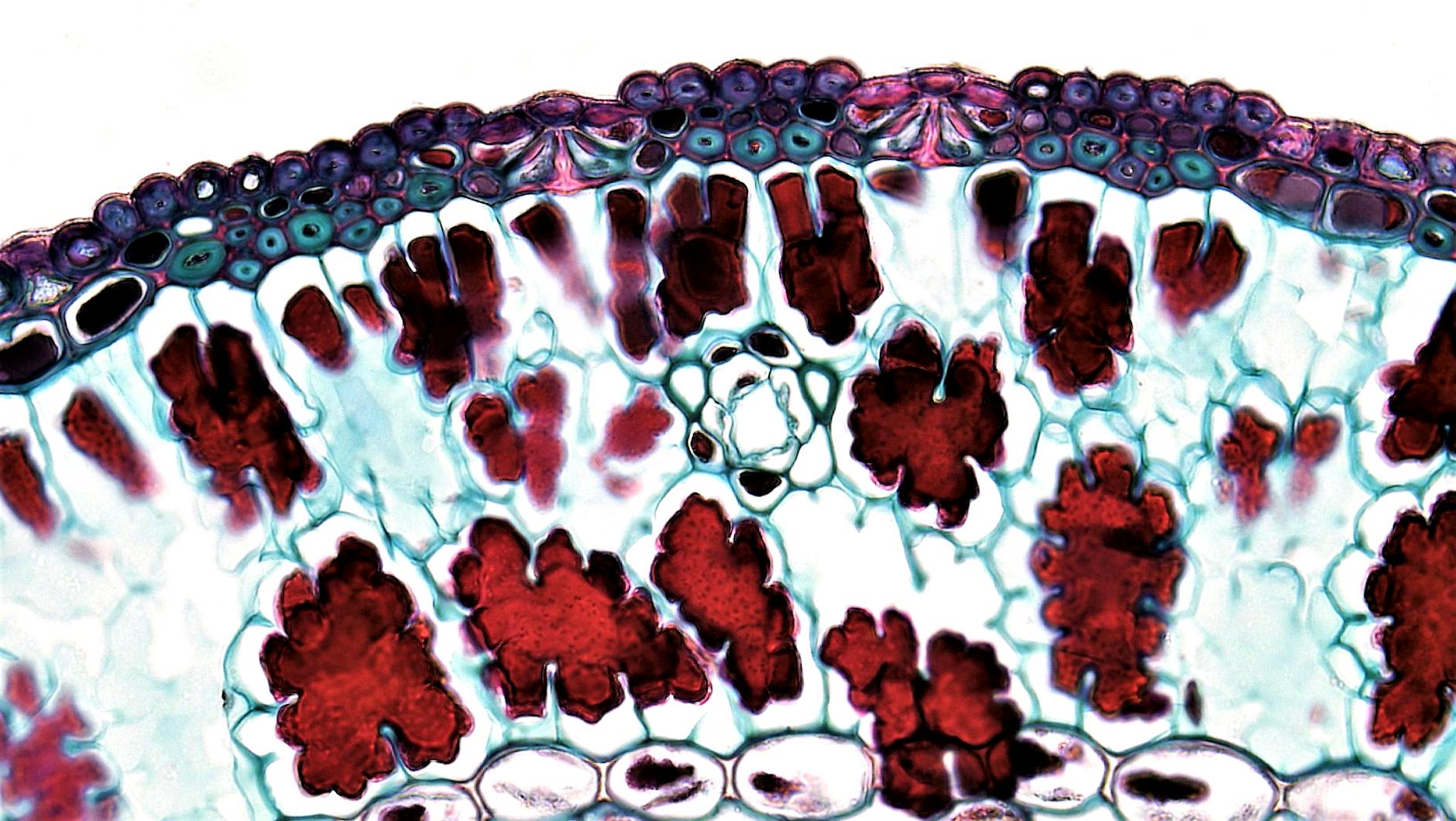Lipids are a diverse group of molecules that play crucial roles in various biological processes, from serving as building blocks of cellular membranes to acting as energy storage molecules. The study of lipids at a systemic level is known as lipidomics, a rapidly growing field that aims to unravel the complex pathways and networks of lipids in biological systems. With advancements in technology and analytical tools, researchers are delving deeper into the hidden world of lipids, uncovering their roles in health and disease.
The Role of Lipids in Cellular Biology
Lipids are essential components of cell membranes, providing structural integrity and regulating membrane fluidity. They also serve as precursors for signaling molecules, such as steroids and prostaglandins, which play key roles in cellular communication and inflammation. Furthermore, lipids are a major source of energy storage in the form of triglycerides, providing a vital fuel source for cellular activities. Disruptions in lipid metabolism can lead to a wide range of diseases, including obesity, diabetes, and cardiovascular disorders, highlighting the importance of understanding lipid biology.
Lipidomics Techniques and Tools
The field of lipidomics relies on a variety of analytical techniques to profile and quantify lipid species within biological samples. Mass spectrometry is a key tool in lipidomics, allowing researchers to identify and quantify thousands of lipid molecules based on their mass-to-charge ratios. Chromatography techniques, such as liquid chromatography and gas chromatography, are also commonly used to separate and analyze lipid components. In addition to experimental methods, bioinformatics plays a crucial role in lipidomics research, enabling the processing and interpretation of large datasets of lipid profiles. The development of lipid databases and software tools has further advanced the field by facilitating lipid identification and data analysis.
Applications of Lipidomics in Biomedical Research
Lipidomics has significant implications for biomedical research, offering insights into disease mechanisms and potential biomarkers for diagnostic purposes. By analyzing lipid profiles in different biological samples, researchers can identify unique lipid signatures associated with specific diseases or physiological conditions. This personalized approach to lipid analysis holds promise for improving disease diagnosis, monitoring treatment responses, and developing targeted therapies.

Image courtesy of www.sciencedirect.com via Google Images
Future Directions in Lipidomics
As lipidomics continues to evolve, researchers are exploring new avenues for studying cellular lipids at a higher resolution. Emerging technologies, such as single-cell lipidomics and lipid imaging techniques, are providing new insights into the spatial distribution and dynamics of lipid species within cells and tissues. Challenges remain in standardizing lipidomic workflows and integrating multi-omics data to gain a comprehensive understanding of biological systems. However, the future of lipidomics looks bright, with the potential to revolutionize our understanding of cellular lipids and their impact on human health.
In Conclusion
In conclusion, lipidomics offers a comprehensive approach to studying the complex world of cellular lipids. By unraveling the pathways and functions of lipids in biological systems, researchers are gaining valuable insights into disease mechanisms and potential therapeutic targets. As technology continues to advance and data analysis tools improve, the field of lipidomics is poised to make significant contributions to biomedical research and personalized medicine. Stay informed about the latest developments in lipidomics to witness the exciting discoveries that lie ahead.



